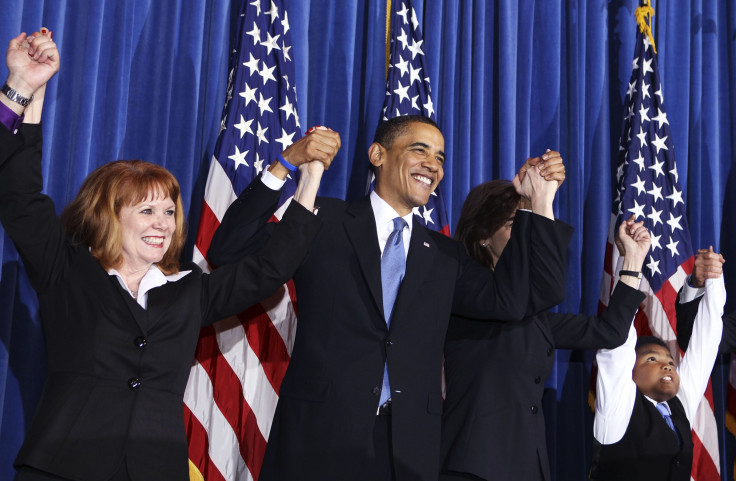United States Has No Backup If Six Million People Lose Subsidies

U.S. state officials seem clueless about the future of 6 million U.S. residents in 34 states if the Supreme Court rules against subsidies provided under the Affordable Care Act that enable low-income Americans to pay for medical health insurance. According to advocacy organizations and agency officials, the states have no idea what to do if they lose those tax credits.
North Carolina Gov. Pat McCrory said in March that there was no “plan B" if the court ruling goes against the subsidies. President Obama, on the other hand, is apparently making false claims about the Affordable Care Act (ACA).
Factcheck.org reports that Obama’s offer of a “better deal” to those who had insurance before the law had passed is a bit exaggerated. While there are certain added benefits, they come with additional cost. “Better coverage didn’t mean a 'better deal' for everyone,” it said.
The website also points out that, according to the president, the ACA is responsible for the fact that family premiums are “$1,800 lower” as a result of the program. However, his economic advisers say that the law cannot entirely be credited for the reduction.
While the U.S. president said that the rate of people with no insurance was at its lowest point, an analysis of the National Health Interview Survey data revealed that the rate was only a little higher than what it had been several decades ago.
A Washington Post investigation revealed that five states likely to lose tax credits were underprepared to face the consequences of the court ruling if it went against subsidies. The five states are Utah, North Carolina, New Hampshire, Michigan and Florida.
All 34 states are expected to be ready with a backup plan if the court ruling goes against the subsidies. Republicans told the Washington Post that they were skeptical about supporting Obamacare. However, they said that they were concerned about being accused of the loss of insurance covering millions of people.
Covered California Executive Director Peter Lee said that the Supreme Court would set a “horrible moral precedent” if it ruled against subsidies, the Los Angeles Times reported.
The former Obama administration official said that it was a “fundamental flaw” not to realize that American people needed support. Michael Cannon, on the contrary, believes that people like Lee do not understand the legal point. The director of health policy studies at the Cato Institute said that the Supreme Court could not allow the U.S. president to break the law.
© Copyright IBTimes 2024. All rights reserved.











